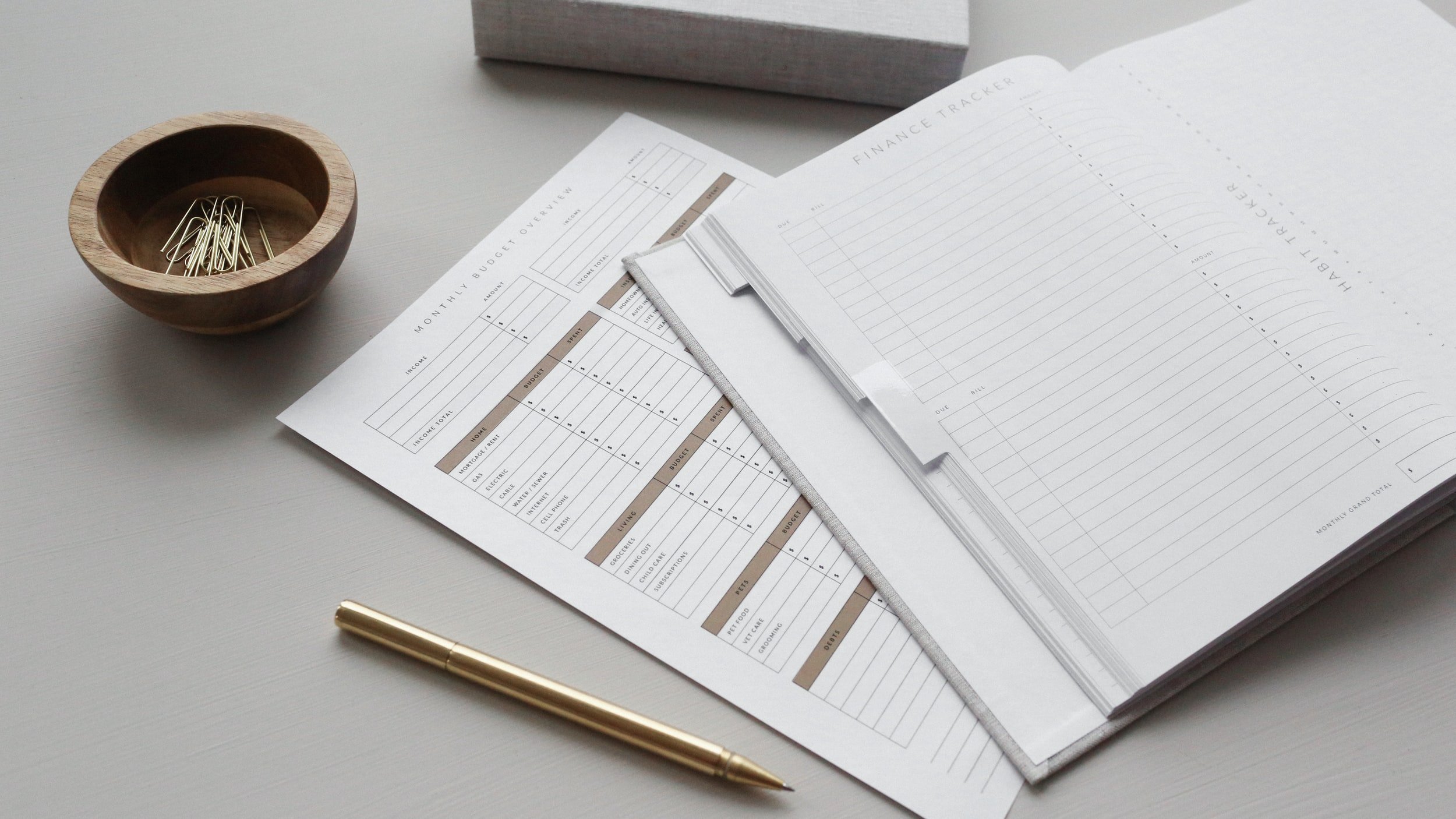How to Use Modal Verbs in the Passive Voice
You might know what modal verbs are, and you might be familiar with the passive voice, but do you know how to use modal verbs in the passive voice?
We use modal verbs–verbs like can, could, and should–to talk about things such as ability, possibility, permission, or obligation. And we use the passive voice to focus on the object of an action rather than the doer of the action.
In general, we follow this structure to use modal verbs in the passive voice:
Modal verb + be + past participle
And we follow this structure to use modal verbs in the past passive voice:
Modal verb + have been + past participle
But there’s a bit more to learn and understand about using modal verbs in the passive voice, and that’s what we’re going to talk about today! We’ll talk about:
What modal verbs are
Modal verbs in the passive voice
Modal verbs in the past passive voice
Why we use modal verbs in the passive voice
We’ve also included a couple of exercises so you can practice these structures right now. Does that sound good? Great! Let’s dive in!
Teaching English Just Got Easier!
Save hours of time with an organized collection of high quality, easy-prep ESL lesson plans and worksheets right at your fingertips!
TIPS ON USING MODALS IN THE PASSIVE VOICE
What are Modal Verbs?
As I mentioned before, modal verbs are verbs such as can, could, or should that we often use to talk about ability, possibility permission, or obligation:
I can go to the party.
You shouldn’t say that about her.
May I sit here?
They might show up late.
And they’re different from normal verbs in the way that we use them.
First of all, modal verbs stay the same for the third person singular: we don’t have to add an -s or change the verb in any way:
I can go to the party.
She can go to the party.
And you might have noticed that the modal verb is followed by the infinitive, or base verb. We don’t add to or change the verb as we do in other structures:
I can go to the party.
I can to go to the party.
I can going to the party.
If we want to ask questions using modal verbs, we usually have to change the structuring by putting the subject between the modal verb and the base verb.
Can I go to the party?
May I sit here?
Should you eat that?
However with modal verbs like have to or need to, we have to add the auxiliary do at the beginning of the question. And, in this case, the auxiliary verb do changes depending on the personal pronoun.
Does he have to do all the dishes?
Do you need to stop by the store?
Let’s take a look at this table to see how we use different modal verbs for different situations:
| Usage | Modal Verb | Example |
| Ability | Can, could (past ability) | She can hold her breath for two minutes. |
| Possibility | Might, may, can, could | They might be late. |
| Permission | Can, could (more polite), may (most polite) | Could my son use your bathroom? |
| Obligation | Must, have to, need to | They need to check in by seven. |
| No obligation | Don’t have to, don’t need to | You don't have to take your shoes off. |
| Advice | Should, ought to | You should try online dating. |
| Habits | Will, would (past habits) + an adverb of frequency | They would sometimes take the train. |
| Preferences | Would rather | She would rather walk. |
Modal Verbs in the Passive Voice
So, now that we understand what modal verbs are, let’s talk a bit about the passive voice.
In English, we use active and passive sentences. In the active voice, we start the sentence with the person who does the action, the actor or doer:
Alice took the picture.
And in the passive voice, we begin the sentence with the object, which is the thing that takes or receives the action:
The picture was taken by Alice.
We can also omit Alice, the agent in this sentence, so it will just say:
The picture was taken.
So you can see that passive structures, while they’re a bit more confusing, they’re also very useful because they allow us to create sentences without focusing on the person doing the action.
So, how do we create modal verbs in the passive voice?
With passive modal verbs in the present tense, we just add the auxiliary verb be to the modal verb, and change the base verb to the past participle:
You should fix your computer (active) → Your computer should be fixed (passive)
Let’s look at the table below to see how we use other modal verbs in the passive voice:
| Modals in the Active Voice | Modals in the Passive Voice |
| They can do it. | It can be done. |
| You could sell your car. | Your car could be sold. |
| He might fix the refrigerator. | The refrigerator might be fixed. |
| They may make a donation. | A donation may be made. |
| You must finish this today. | This must be finished today. |
| He has to send that email. | That email has to be sent. |
| They need to find that document. | That document needs to be found. |
| She should fix her writing. | Her writing should be fixed. |
Modal Verbs in the Past Passive Voice
Yes, it’s true: we can use modal verbs in the past. We can use the passive voice in the past. And we can use passive modal verbs in the past.
If that sounds too complicated, don’t worry! It’s just a matter of structure:
| Modals in the Present Passive Modal + be + past participle |
Modals in the Past Passive Modal + have been + past participle |
| It can be done. | It could have been done. |
| Your car could be sold. | Your car could have been sold. |
| The refrigerator might be fixed. | The refrigerator might have been fixed. |
| A donation may be made. | A donation may have been made. |
| Her writing should be fixed. | Her writing should have been fixed. |
Important: We use must have been to share our assumptions or reaction to things that happened in the past. We often use this modal structure to guess about something that might have happened (not for obligation):
He doesn’t work here anymore. He must have been fired.
I called her yesterday but she didn’t answer. She must have been busy.
Your trip to Colombia must have been exciting!
If you’d like to express a reaction or make a conclusion about the way a person is feeling now, you can use must be:
You’ve been working for eight hours straight! You must be tired.
They travel all the time. Their lives must be so interesting.
So, you failed your exam! You must be disappointed.
Why do we use modal verbs in the passive voice?
There are a few reasons why we use the passive voice in general. You’ll often hear it used by news sources reporting on crime or major events where the actors are unknown.
You’ll hear it used in formal and scientific writing because it’s considered less personal and because–this is especially the case in science–the result of a scientific study or breakthrough is considered more important than the people involved.
But, why do we use modal verbs in the passive voice? This is because it sounds more objective and less personal, especially in situations when we’re asking people to do something or offering criticism or advice.
For example, if your boss wants everyone to finish a project by a certain deadline, they want to sound firm, but not too rude or direct. So, they might say:
This project has to be finished by the end of this week.
Instead of saying:
You all have to finish this project by the end of this week.
And when we’re criticizing someone for something they didn’t do, we often prefer to use modal verbs in the past passive voice because it doesn’t sound like we’re putting the blame or fault directly on someone.
I should have been told that yesterday.
Instead of...
You should have told me that yesterday.
We can also use it to take the blame or the attention off of ourselves, as in this example:
The wrong package may have been sent.
Instead of...
I may have sent the wrong package.
Well, we’ve explored modal verbs in the passive voice. So now it’s time to practice!
Modal Verbs in the Passive Voice Exercise 1
Change the sentence from the active voice to the passive voice.
1. You have to find your passport.
2. Someone should have set the alarm.
3. She may not make the cake in time.
4. They need to mow the lawn.
5. Someone could have texted her.
Modal Verbs in the Passive Voice Exercise 2
Choose the correct modal structure.
The money (should have been / should be ) transferred yesterday.
A surprise package (might show up/ might have shown up) at your door later.
It’s a difficult task, but it (can be / could have been) accomplished.
This house (needs to be / needs to have been) cleaned by five o’clock today.
She (must be / must have been) informed in the case of an emergency.
Reflect and Practice with Modal Verbs in the Passive Voice
So, now that you’ve learned how to use modal verbs in the passive voice, here are a couple of reflection and writing activities that you can do to practice using them on your own.
Before you start writing, it might be good to take a screenshot of the modal structures above so that you can have them on hand as a reference.
Imagine that you’re going to have a small get-together at your house or apartment this evening. You don’t have much time! What things need to be done before the guests arrive? Try to write three to five sentences.
What do you think is one of the most difficult jobs that exist? What kinds of tasks should be or have to be done as part of that job? Write at least a paragraph describing the job.
Just remember: if modal verbs in the passive voice feel complicated, take them one at a time. You don’t need to memorize them all now; You can just start with one or two.
Feeling good about modal verbs in the passive? There's more to learn! Hop on over to our page for some awesome lesson plans on sentence structure.
About the Writer
Marta is an online ESL teacher who works with students from around the world. As a writer, language nerd, and content contributor for In English With Love, her mission is to empower English learners with knowledge and positivity.
















